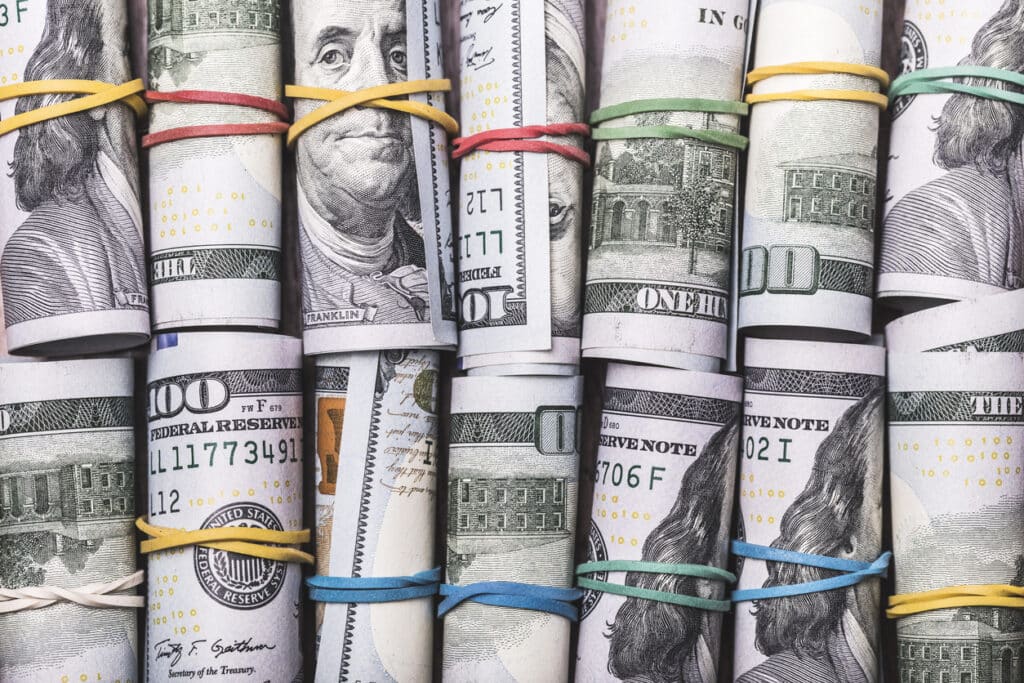A recently created rewards program for anti-money laundering whistleblowers is faltering due to legislative shortcomings, according to new reporting by The Wall Street Journal. The reporting validates the warnings of whistleblower advocates who argued that loopholes in the legislation establishing the program would undermine its success.
The Anti-Money Laundering (AML) Act was passed in January as part of the National Defense Authorization Act of 2020. The AML Act aims to incentivize individuals to blow the whistle on money laundering to the Treasury Department. The Act is largely modeled off previous legislation that established successful whistleblower rewards programs, such as the Dodd-Frank Act (DFA) and the False Claims Act (FCA).
Under the AML Act, individuals who voluntarily provide original information to the Treasury Department or the Justice Department about violations of the Bank Secrecy Act can receive monetary awards. The awards can range up to 30% of funds recovered by the government in a successful enforcement action stemming from the disclosure.
However, unlike the DFA and FCA, the AML Act does not set a mandatory minimum for awards. For example, while the SEC Whistleblower Program guarantees that eligible whistleblowers receive awards of between 10-30% of funds recovered, the AML program only guarantees the award will not be for more than 30% of funds recovered. Under the current law, then, an eligible AML whistleblower whose disclosure led to the recovery of hundreds of millions of dollars could receive an award of only one cent.
Prior to the passage of the AML Act, the National Whistleblower Center (NWC) sent a letter to Congress expressing their concerns about the lack of a provision requiring minimum awards. According to NWC, the lack of a mandatory minimum award “greatly undercuts Congress’s intent to strengthen protection of whistleblowers with evidence of money laundering and terrorist financing.”
According to The Wall Street Journal, the lack of a minimum award guarantee, as well as delays in establishing the systems for receiving and investigating tips, has led to a slow start for the AML whistleblower program. Because of this, many whistleblower attorneys are reportedly hesitant to encourage potential tipters to come forward. Instead, in cases where the U.S. Securities and Exchange Commission (SEC) has jurisdiction, attorneys are urging individuals to make disclosures through the highly successful SEC Whistleblower Program.
On April 30, NWC and several other whistleblower advocacy groups sent a letter to members of Congress advocating for stronger whistleblower provisions in the AML Act. The groups point specifically to the lack of mandatory minimum awards and the absence of funding for the program as shortcomings with the current legislation that need to be fixed.
The letter also takes issue with a carve-out within the anti-retaliation protections of the AML Act. The letter explains that the current protections ““exclude employees at FDIC-insured institutions and credit unions, thereby denying protection to employees of most US banks.” According to Stephen M. Kohn, founding partner at whistleblower law firm Kohn, Kohn & Colapinto, “this carve-out will have devastating consequences on AML whistleblowers.”
The whistleblower groups are requesting that Congress address these current shortcomings in the legislation by readopting and passing the 2020 Senate version of the AML Act (which did not contain the shortcomings) as part of the 2021 American Jobs Plan.
Read:
Anti-Money-Laundering Whistleblower Program Struggles to Get Off Ground
